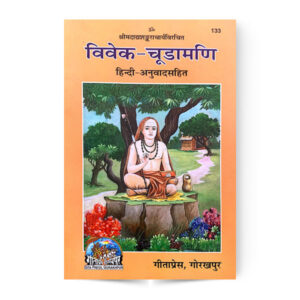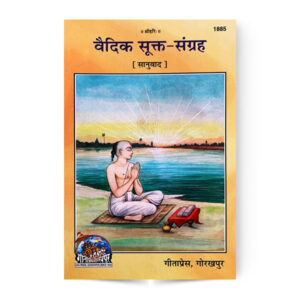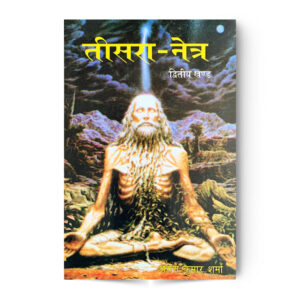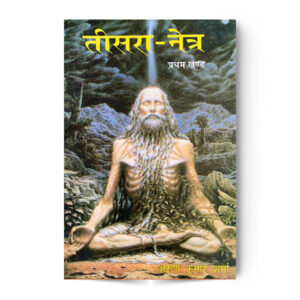Sakuntala
₹255.00
| Author | Monier Williams |
| Publisher | Chaukhambha Sanskrit Series Office |
| Language | English & Sanskrit |
| Edition | 1999 |
| ISBN | 81-7080-028-5 |
| Pages | 339 |
| Cover | Hard Cover |
| Size | 14 x 4 x 22 (l x w x h) |
| Weight | |
| Item Code | CSSO0677 |
| Other | Dispatched in 1-3 days |
10 in stock (can be backordered)
CompareDescription
Sakuntala The following pages are the result of an endeavour to furnish English students of Sanskrit with a correct edition of the most celebrated drama of India’s greatest dramatist. About a century has elapsed since Sir W. Jones discovered that there existed in India a number of Natakas or Sanskrit dramas, many of them of great anti-quity; some abounding in poetry of undoubted merit, and all of them containing valuable pictures of Hindu life and manners. Eager to apply the means thus gained of filling what was before an empty niche in the Temple of Sanskrit Literature, Sir W. Jones addressed himself at once to translate into English the Sakuntala, which he was told was the most admired of all the extant plays. This work is by the illustrious Kalidasa, who is supposed by some native authorities (though on insufficient grounds) to have lived in Ujjayini, the capital of king Vikramaditya, whose reign is the starting-point of the Hindu era called Samvat, beginning 57 years B. C. Kalidasa is described as one of the ‘nine gems’ of that monarch’s splendid court.
It seems, however more probable that Kalidasa flourished in the third century of the Christian era (see p. 474 of Indian Wisdom, published by W. H. Allen & Co., 13, Waterloo Place, London). The Sakuntala is acknowledged on all hands to be the masterpiece of the great Indian poet. Indeed, no composition of Kalidasa displays more the richness and fertility of his poetical genius, the exuberance of his imagination, the warmth and play of his fancy, his profound knowledge of the human heart, his delicate, appreciation of its most refined and tender emotions, his familiarity with the workings and counter-workings of its conficting feelings, in short, more entitles him to rank as ‘the Shakespeare of India. On the Continent such men as Goethe, Schlegel, and Humboldt have all expressed their admiration of the Hindu poet’s greatest work. Gocthe’s four well-known lines, written in 1792, are- Willst du die Bluthe des fruhen, die Fruchte d’es spateron Jalires, Willst du was reizt und entzuckt, willst du wan sattigt und nahet.















Reviews
There are no reviews yet.